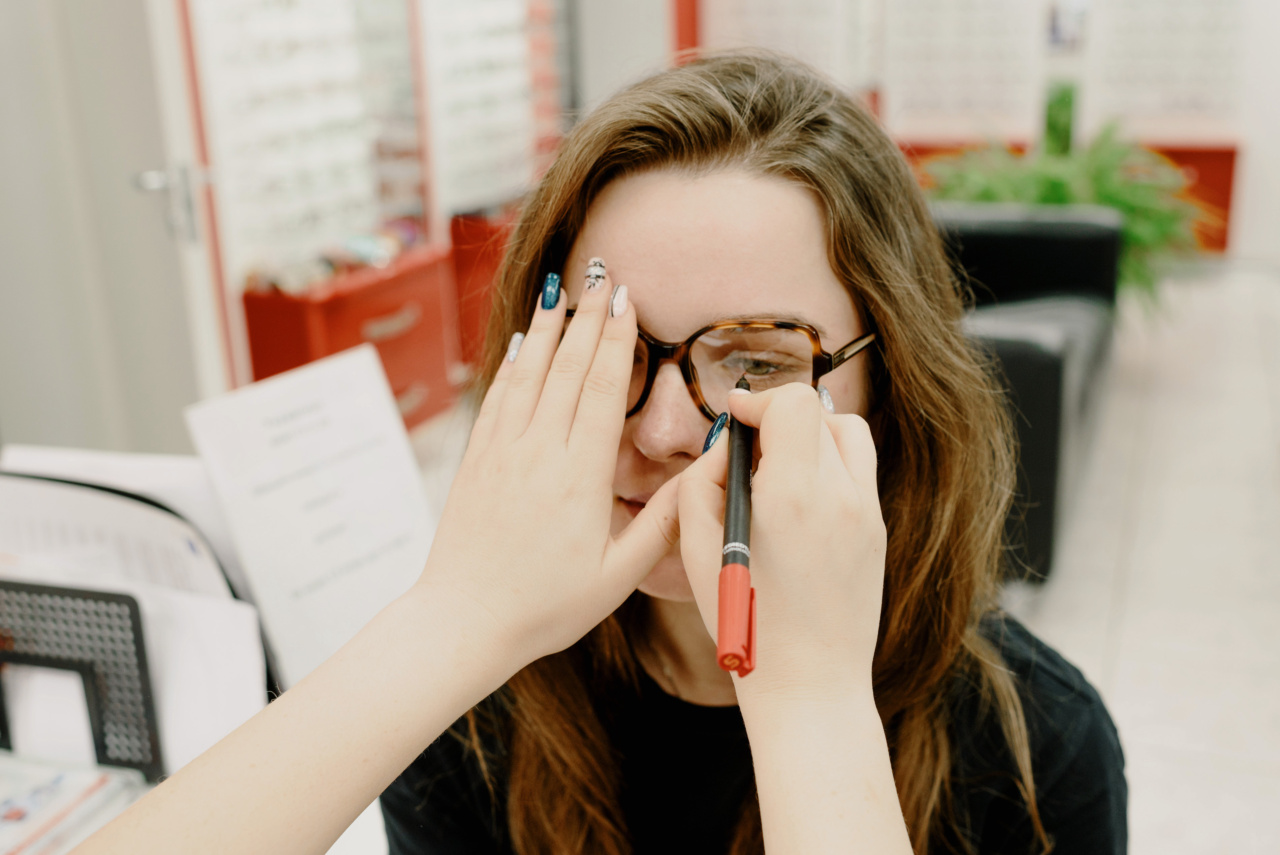Regular eye exams are essential for maintaining good vision and overall eye health.
But how often should you visit the ophthalmologist? The answer to this question depends on a variety of factors, including your age, medical history, and any existing eye conditions. In this article, we will explore the recommended frequency of eye exams for different age groups and discuss why it is crucial to prioritize regular visits to the ophthalmologist.
The Importance of Regular Eye Exams
Eye exams are not just about checking your visual acuity or prescribing glasses or contact lenses. They play a critical role in detecting and managing various eye conditions, some of which may not exhibit noticeable symptoms in the early stages.
By identifying potential issues early on, ophthalmologists can provide timely treatment and prevent further damage to your eyesight.
Whether you have perfect vision or already wear glasses or contacts, routine eye exams are essential.
These exams can detect vision problems, assess the health of your eyes, and screen for serious eye diseases such as glaucoma, cataracts, and macular degeneration. Even if you do not experience any vision-related symptoms, underlying eye conditions can still be present.
Eye Exam Frequency by Age
Infants and Toddlers (0-2 years)
Babies should have their first comprehensive eye exam between 6 and 12 months of age, as recommended by the American Academy of Ophthalmology (AAO) and the American Association for Pediatric Ophthalmology and Strabismus (AAPOS).
This exam helps identify potential eye problems, such as strabismus (crossed or misaligned eyes) and amblyopia (lazy eye), which are more effectively treated when detected early.
Preschool Children (3-5 years)
Preschoolers should undergo at least one comprehensive eye exam between the ages of 3 and 5. This exam helps to identify any refractive errors, lazy eye, or crossed eyes.
Early intervention can prevent vision problems from affecting their learning and development.
School-Aged Children (6-18 years)
During the school years, children should have a comprehensive eye exam every two years, or more frequently if recommended by their ophthalmologist.
Regular exams ensure that any vision problems are detected and corrected, allowing children to succeed academically and participate fully in extracurricular activities.
Adults (18-60 years)
For adults without any known eye conditions, a comprehensive eye exam is recommended every two years.
However, if you wear corrective lenses or have certain risk factors, such as a family history of eye diseases or diabetes, yearly exams may be necessary. Regular eye exams during adulthood help to identify and monitor any changes in your vision and overall eye health.
Seniors (60 years and older)
As we age, the risk of developing eye conditions and diseases increases. Therefore, individuals aged 60 and above should have comprehensive eye exams every year or as recommended by their ophthalmologist.
These exams allow for the early detection of age-related eye diseases like glaucoma, cataracts, and macular degeneration, which can have a significant impact on vision if left untreated.
Special Considerations
While the recommended guidelines mention the average frequency of eye exams based on age groups, certain individuals may require more frequent visits to the ophthalmologist.
Those with existing eye conditions, such as a history of eye surgery, glaucoma, diabetic retinopathy, or other chronic eye diseases, may need to see their ophthalmologist more often. Additionally, if you experience any sudden changes in your vision or new symptoms, it is crucial to seek medical attention promptly.
Pregnant women may also experience changes in their vision due to hormonal shifts and fluid retention. It is recommended that they visit their ophthalmologist for a comprehensive eye exam if they notice significant vision changes during pregnancy.
Conclusion
Regular eye exams are vital for individuals of all ages. While the frequency of visits to the ophthalmologist varies based on age and medical history, it is important to prioritize proactive eye care.
By adhering to the recommended guidelines and seeking timely medical attention when needed, you can safeguard your vision and maintain optimal eye health throughout your life.



























